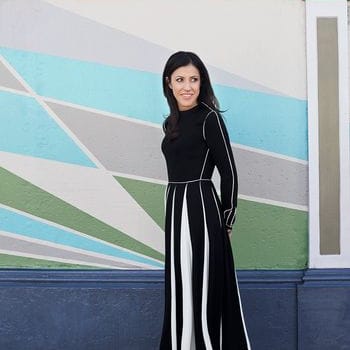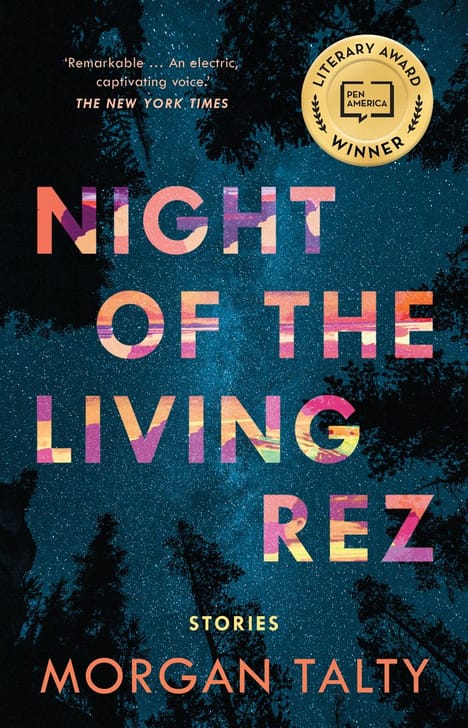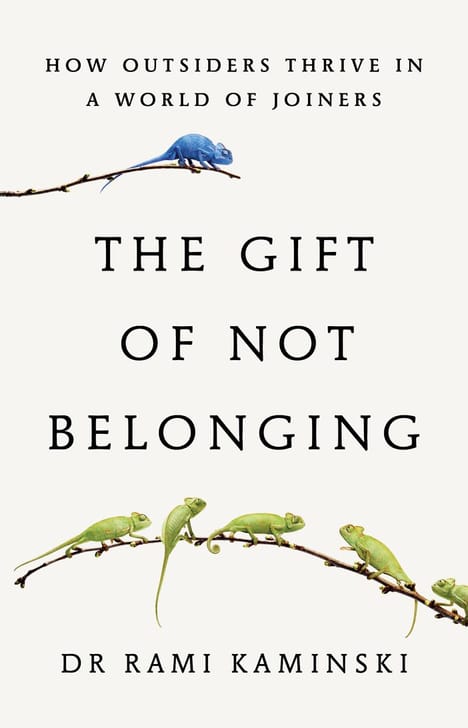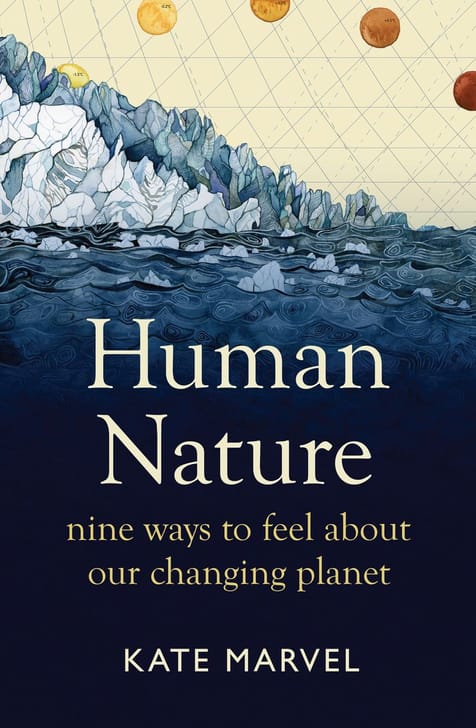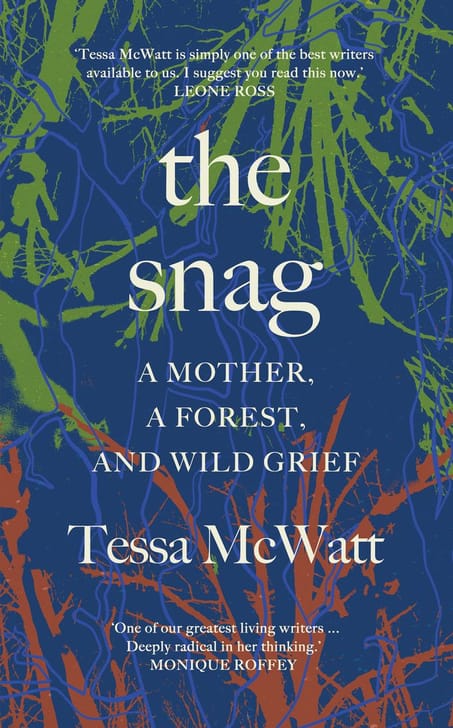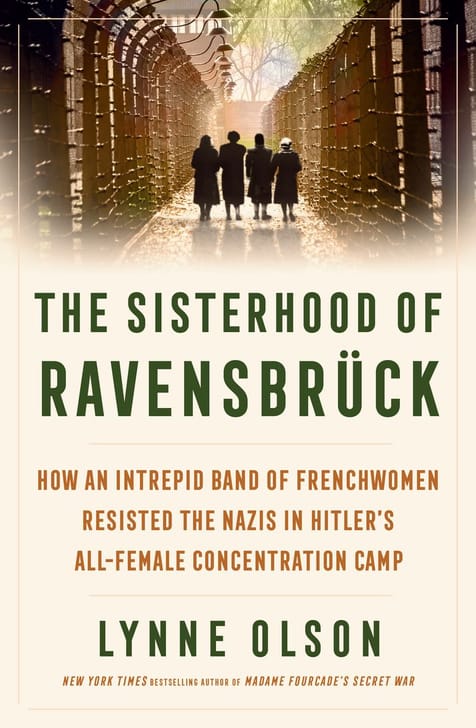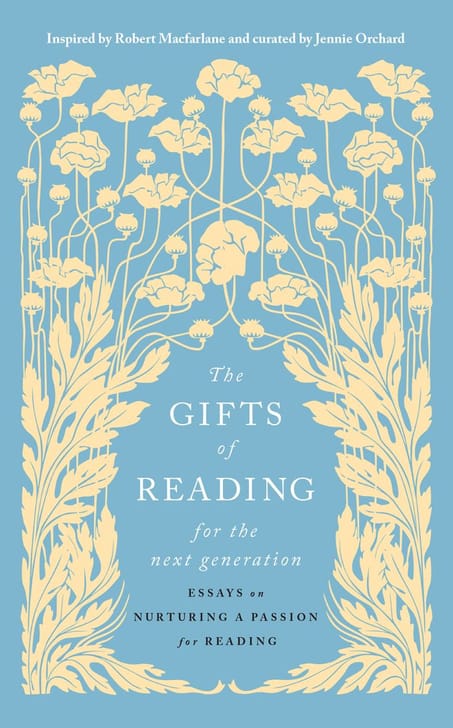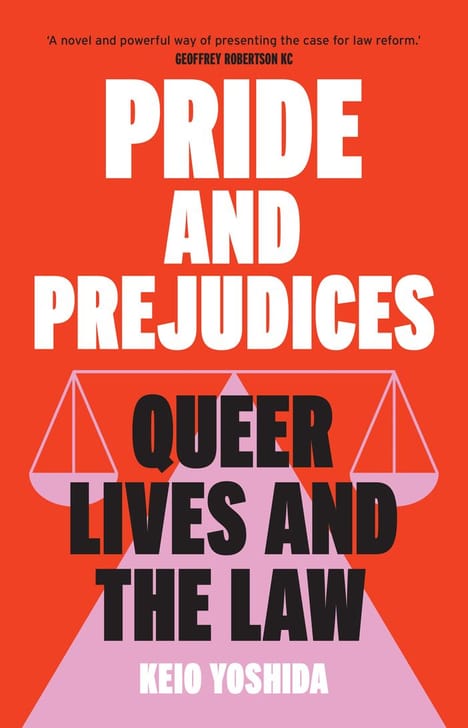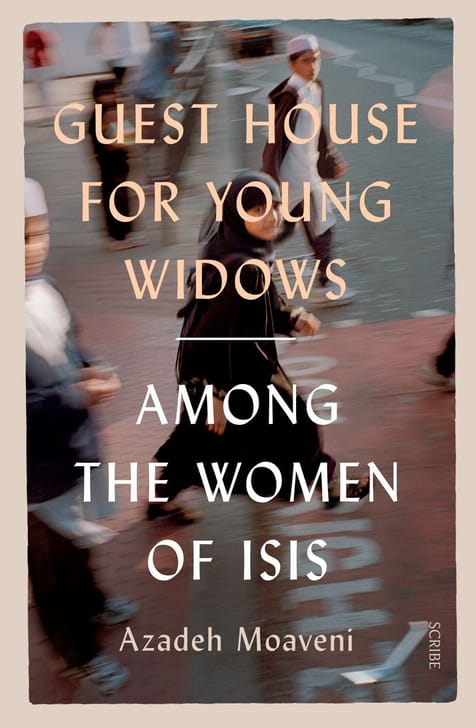
Guest House for Young Widows:
among the women of ISIS
Buy ebook
Guest House for Young Widows:
among the women of ISIS
Overview
In early 2014, the Islamic State clinched its control of Raqqa in Syria, whereupon ISIS’s leader, Baghdadi, urged Muslims around the world to join the caliphate. Having witnessed the brutal oppression of the Assad regime in Syria, and being moved to fight for justice, thousands of men and women heeded his call.
At the heart of this book is a cast of unforgettable young women who responded. All from urban families, some were still in school; some with university degrees and bookshelves filled with novels by Jane Austen and Dan Brown; and many with cosmopolitan dreams of travel and adventure. But instead of finding a land of justice and piety, they found themselves trapped within the most brutal terrorist regime of the twenty-first century — a world of chaos and upheaval and violence.
What is the line between victim and collaborator? How do we judge these women who both suffered and inflicted intense pain? What role is there for Muslim women in the West? In what is bound to be a modern classic of narrative nonfiction, Moaveni takes us into the school hallways of London, kitchen tables in Germany, coffee shops in Tunis, and the caliphate’s OB/GYN and its ‘Guest House for Young Widows’ — where wives of the fallen waited to be remarried — to demonstrate that the problem called terrorism is a far more complex, political, and deeply relatable one than we generally admit.
Details
- Format
- Size
- Extent
- ISBN
- RRP
- Pub date
- Rights held
- Other rights
- Paperback
- 234mm x 153mm
- 352 pages
- 9781925849608
- AUD$32.99
- 1 October 2019
- UK & Cw (ex Can)
- NA PRH
Awards
- Shortlisted for the 2019 Baillie Gifford Prize for Non-Fiction
- Longlisted for the 2020 ABDA Best Designed Nonfiction Book
- Shortlisted for the 2020 Rathbones Folio Prize
- Longlisted for the 2020 The Orwell Prize
Praise
‘Azadeh Moaveni offers what is sure to become a modern classic, answering the question of how Muslim women become, as the Western media puts it, “radicalised” ... Moaveni not only provides granular views of particular women as they navigate this sociopolitical minefield but also situates these stories in a broader cultural context, rendering them legible in compelling ways ... I couldn’t put the book down.’
‘Eloquent, empathetic, insightful — and essential reading. A book that goes beyond slogans and stereotypes on a journey into a world we know too little about, in an attempt to understand young women whose stories startle and sadden.’
About the Author
Azadeh Moaveni is a journalist, writer and academic, who has been covering the the Middle East for nearly two decades. She started reporting in Cairo in 1999 while on a Fulbright fellowship, and worked across the region for the next several years, covering Iran, Lebanon, Syria, Egypt, and Iraq. Her work has focused throughout on how women and girls are impacted by political instability and conflict, as well as the interplay between militarism, Islamism and women’s social status and rights. A Pulitzer finalist, she is the author of Lipstick Jihad, Honeymoon in Tehran, and co-author, with Iranian Nobel Peace Laurate Shirin Ebadi, of Iran Awakening, which has been translated into over forty languages. She writes for the London Review of Books, TheGuardian, and TheNew York Times, among other publications. She is Director of the Project for Gender and Conflict at the International Crisis Group and Lecturer in Journalism at New York University, London.
